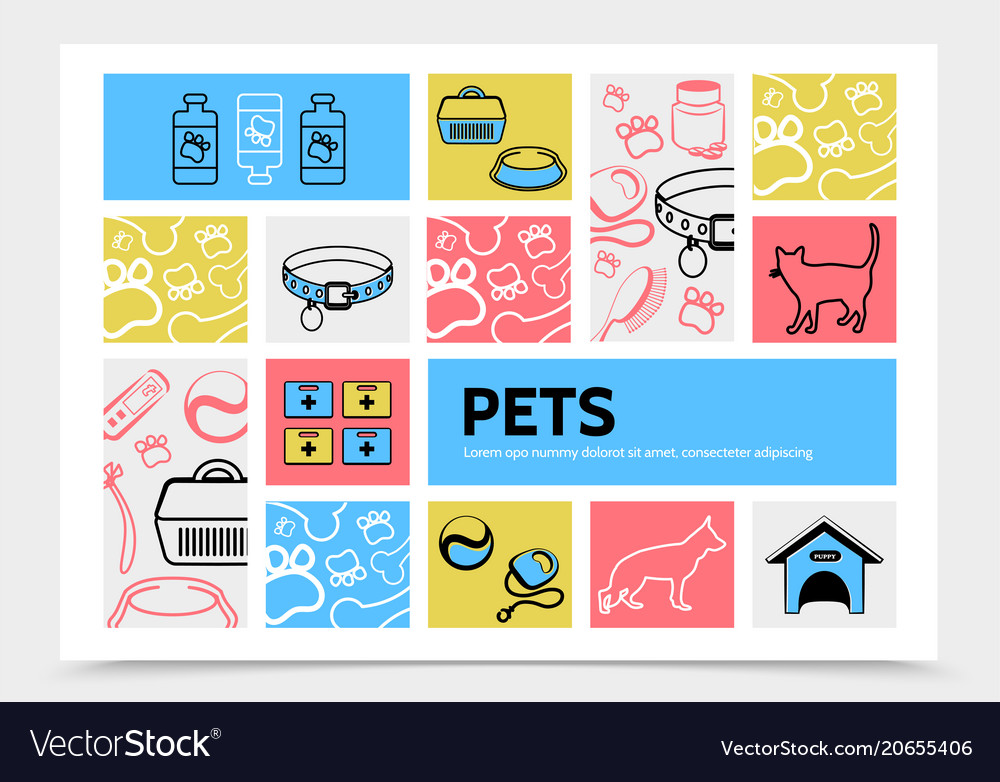Best Summer Activities For Dog Owners
Best Summer Activities For Dog Owners
Blog Article
Can Dog Daycare Reason Ailment?
Possibilities are that if your canine is regularly revealed to various other canines, even if they're properly immunized, they may return with some type of disease. Inoculations, routine veterinary check-ups, and great hygiene techniques can reduce risk aspects for infection and illness.
Emphasized or distressed dogs can develop gastrointestinal problems and other health issues that are easily spread between canines. Establishing age restrictions and behavioral guidelines can assist guarantee that only healthy canines enter your facility.
Distemper
Canine distemper is a major and typically fatal virus that attacks a canine's respiratory, gastrointestinal, skin and immune systems. Puppies are especially susceptible and can contract the disease via straight contact with a contaminated pet or via the air-borne transmission of virus bits released during coughing, sneezing or breathing.
The incubation period for canine distemper is between 3 and 7 days. While puppies at daycare might appear to capture parvo from one more infected dog, it's unlikely since the incubation duration is so brief.
While there is no remedy for canine distemper, helpful care can help pets recoup. This consists of liquids, prescription antibiotics and medications to control seizures. The Drake Facility for Vet Treatment notes that signs include runny eyes and nose, looseness of the bowels, throwing up, anorexia nervosa and neurological issues such as twitching and tremors. Pups require a complete vaccination series and annual boosters to secure them versus this disease, which is why reliable doggie childcare facilities require up-to-date inoculations.
Kennel Coughing
Kennel Cough (Pooch Transmittable Tracheobronchitis) is an extremely contagious top respiratory system condition caused by microorganisms and infections. It spreads via air-borne droplets from a coughing or sneeze, straight contact, and sharing of infected things such as toys or water bowls. It is native to the island in position where numerous dogs are housed close together, such as kennels, pet parks, grooming salons and programs. A number of vaccines are readily available to secure against the virus that trigger kennel cough, and correct health methods can help protect against infection.
The traditional symptom is a completely dry, hacking cough similar to that of a goose honk, and the majority of canines recover with little treatment. Nevertheless, severe situations can result in pneumonia, and pups or pet dogs with pre-existing illness go to higher threat for issues. To accelerate recovery, make use of a harness instead of a collar while your pet is recuperating to stay clear of inflammation to the windpipe. A humidifier may additionally help to dampen the air and avoid completely dry coughing.
Parvovirus
Parvovirus (CPV) is a severe disease in pets. It is similar to feline panleukopenia (feline distemper), yet it's a lot more deadly and can spread out quickly amongst dogs as a result of its incredibly resistant nature.
This virus strikes the digestive tract cellular lining of a canine, damaging it and causing microorganisms to slough off right into the bloodstream. The damaged immune system and frustrating germs lead to septic shock, which is typically deadly.
Thankfully, vet medical facilities provide reliable treatment for parvovirus. These drugs are given straight right into a client's blood stream and targeted towards the certain strain of parvovirus. This treatment approach is highly efficient and aids retrain the body immune system to fight off the infection. Pet dogs with extreme signs are usually hospitalized for several days for tracking and extensive care to guarantee their survival. Pups, unvaccinated canines and pets with weak immune systems are especially vulnerable to parvovirus. This is specifically true for puppies birthed to stray moms and sanctuary environments, where they are subjected to several other ill and at risk dogs.
Dog Flu
Dog flu (CIV) is a contagious breathing condition that can be triggered by pet dogs sharing contaminated surfaces or direct contact with respiratory system secretions. CIV spreads conveniently in atmospheres where there are high varieties of dogs, such as canine parks, childcares, grooming facilities and vet facilities.
Infected canines dropped the virus with aerosol respiratory droplets when coughing or sneezing, and might infect objects they come into contact with like cages, playthings, food bowls, chains and the hands and apparel of people who manage them. Dogs can also be "silent service providers" spreading out the virus without showing any type of signs and symptoms themselves.
Signs and symptoms of canine influenza consist of nose and eye discharge, coughing, high temperature, loss of appetite, and weakness. The infection can advance to pneumonia, which can be deadly in some pet dogs. PCR viral screening is available for verification of infection. Preferably, samples (typically deep nasal or pharyngeal swabs) for PCR testing must be dog boarding near me within 5 mi accumulated within four days of the onset of medical signs.